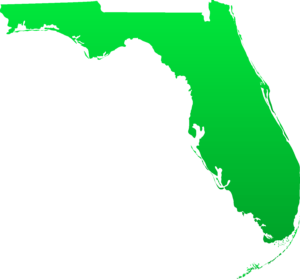(a) Oath. The prospective jurors shall be sworn collectively or individually, as the court may decide. The form of oath shall be as follows:
“Do you solemnly swear (or affirm) that you will answer truthfully all questions asked of you as prospective jurors, so help you God?”
If any prospective juror affirms, the clause “so help you God” shall be omitted.
(b) Examination. The court may then examine each prospective juror individually or may examine the prospective jurors collectively. Counsel for both the state and defendant shall have the right to examine jurors orally on their voir dire. The order in which the parties may examine each juror shall be determined by the court. The right of the parties to conduct an examination of each juror orally shall be preserved.
(c) Prospective Jurors Excused. If, after the examination of any prospective juror, the court is of the opinion that the juror is not qualified to serve as a trial juror, the court shall excuse the juror from the trial of the cause. If, however, the court does not excuse the juror, either party may then challenge the juror, as provided by law or by these rules.

